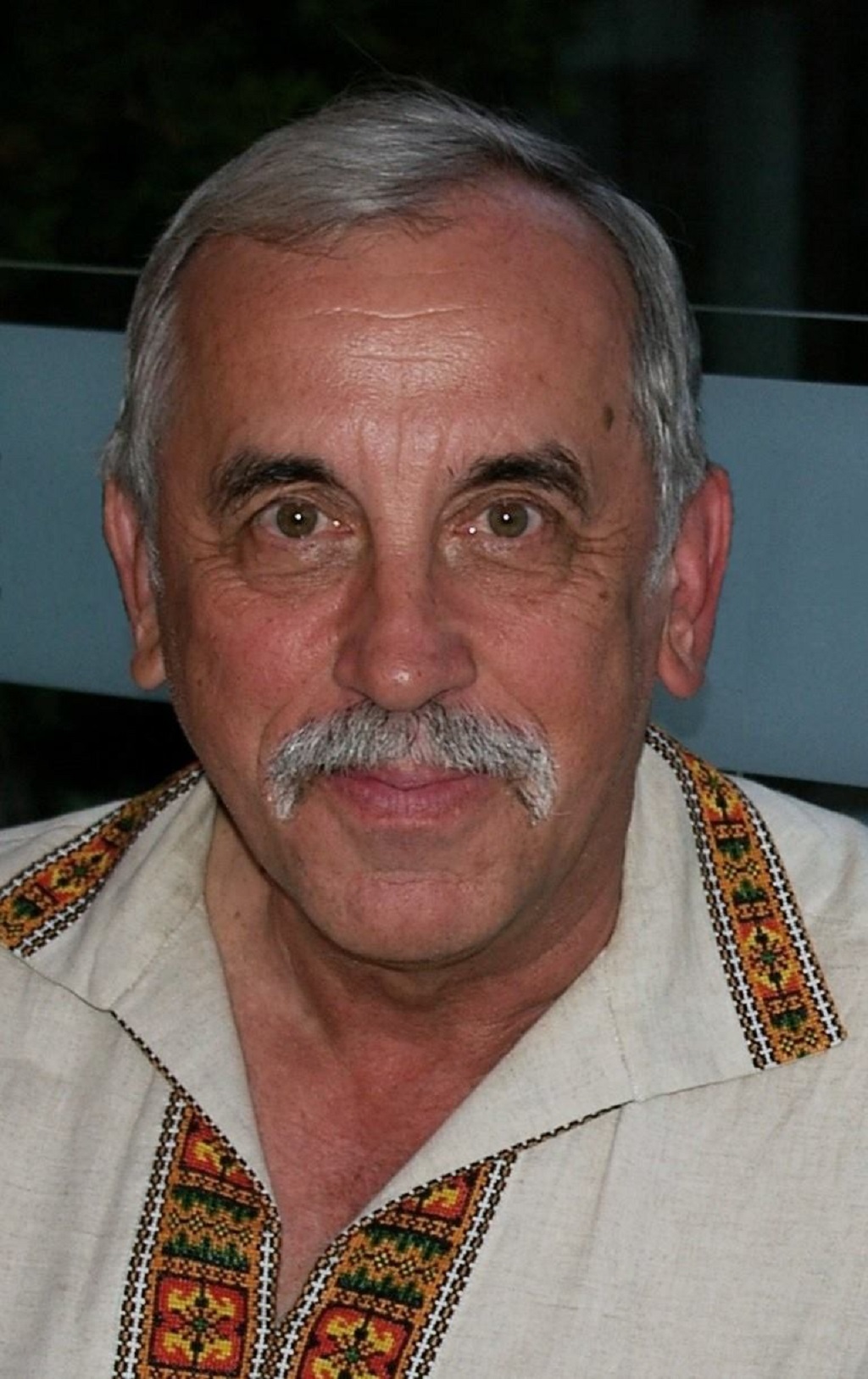Volodymyr Kish.
As most of you may know, I became a “senior” a few years ago, am happily collecting my pension and enjoying the joys of being a grandparent. Although, I am no longer employed in a conventional 9 to 5 job, I have not succumbed to the cliché retirement pursuits of going fishing, playing golf or sitting in a rocking chair and indulging in nostalgic reveries about what life was like when I was young and in the “prime of my life.” Frankly, aside from some minor physical infirmities, I think I am currently in the prime of my life. Although I may not be able to do a lot of the things I once did, I understand life, the universe and “everything” a lot better, and have come to appreciate the value of experience and wisdom above all else.
Sadly, we are living in an age where the vast majority of people who have reached their “golden years” live a life of structured boredom, usually in so-called seniors or old-age homes. There, they are effectively warehoused and kept alive until modern medicine is no longer able to keep them alive long past the age that evolution and our DNA programmed for us. Even those who are able to live independently on their own, or with accommodating family, find themselves marginalized and largely ignored by the younger generations and society at large which finds little use for those of “a certain age.” They are generally viewed as non-contributing members of society at large.
It was not always thus. For most of humankind’s existence on this planet, “getting old” was an extremely rare phenomenon. In prehistoric times, during the Bronze and Iron ages, average life expectancy was only 26 years. During Medieval times in Europe, this had increased marginally to between 30 to 35 years. As late as 1900, the average life expectancy worldwide was only 31. It has only been in the last century that average life expectancy has surged dramatically, reaching 48 in 1950, and 72 in 2017. For most of our history, the problems of old age were largely immaterial, since so few people got to live to a ripe old age.
Of course, there always were individuals that either through good luck or exceptional genetics did get to live into their fifties, sixties and even beyond. In prehistoric societies and in aboriginal communities until fairly recent times, such “elders” were highly respected and often held great power. This was largely due to the fact that they possessed knowledge and experience about their environment that was vital to survival. In hunter-gatherer and early agricultural societies they knew where the best hunting was to be found and what were the best techniques for bringing down each type of animal, where the water sources were, how to make tools and weapons, what plants and herbs held healing properties, and how to plant and cultivate various crops. They were also the keepers of the tribe or community’s history and traditions, and most importantly, they were the teachers and maintainers of the basic spiritual and religious beliefs that provided the meaning and structure around which life revolved.
Even as more complicated societies developed, elders continued to play an important role, largely because social structures and technology changed very little from generation to generation, and from century to century, so their experience and gained wisdom remained relevant and crucial to educating and guiding future generations. In those days, the elders were the “Google” resource for their children and grandchildren. If you wanted to know something or have something explained, you asked an older person. They were the keepers of knowledge and knew most everything necessary to live a successful life. They were the embodiment of the stability, continuity and tradition that were the cornerstones of civilization until very recent times.
All of that has changed dramatically in our lifetimes. No matter how smart and educated most people of my generation were when we entered adulthood, by the time we became “seniors” most of that knowledge had become obsolete. Most people in their sixties and over today, are completely befuddled by today’s technology and the complexities of modern life. It is now the kids that are teaching their grandparents how to operate a smartphone, or how the remote control to the smart TV works. It is also largely the young people that are pushing for greater effort and action to counteract global warming and our destructive reliance on fossil fuels. It is they who are in the forefront of advocating for universal human rights, economic equity, racial understanding and tolerance.
Increasingly, the younger members of society are viewing the older generation as not only anachronistic but incapable or unwilling to deal with today’s existential challenges. Further, they tend to see their elders as the creators and perpetuators of many of society’s ills such as climate change, war, pollution, racism and social and economic inequality. It is obvious that the current generation of elders appears to have largely lost its traditional, historical and moral authority.
So, how should I as an “elder” deal with this? There is but one way. Instead of passively retiring into geriatric bliss and obscurity, I am committed to being an active, knowledgeable and involved member of society. I make the effort to read, research and understand all the current developments in technology, science, economics, politics and historical analysis. I initiate and participate in the public discourse of current issues and events. I try hard to communicate and socialize not only with my generation, but people of all ages and backgrounds. Above all, I believe that my lifetime’s worth of experiences, has imparted to me some measure of wisdom that is worth sharing with the rest of the world at large.
Share on Social Media


































